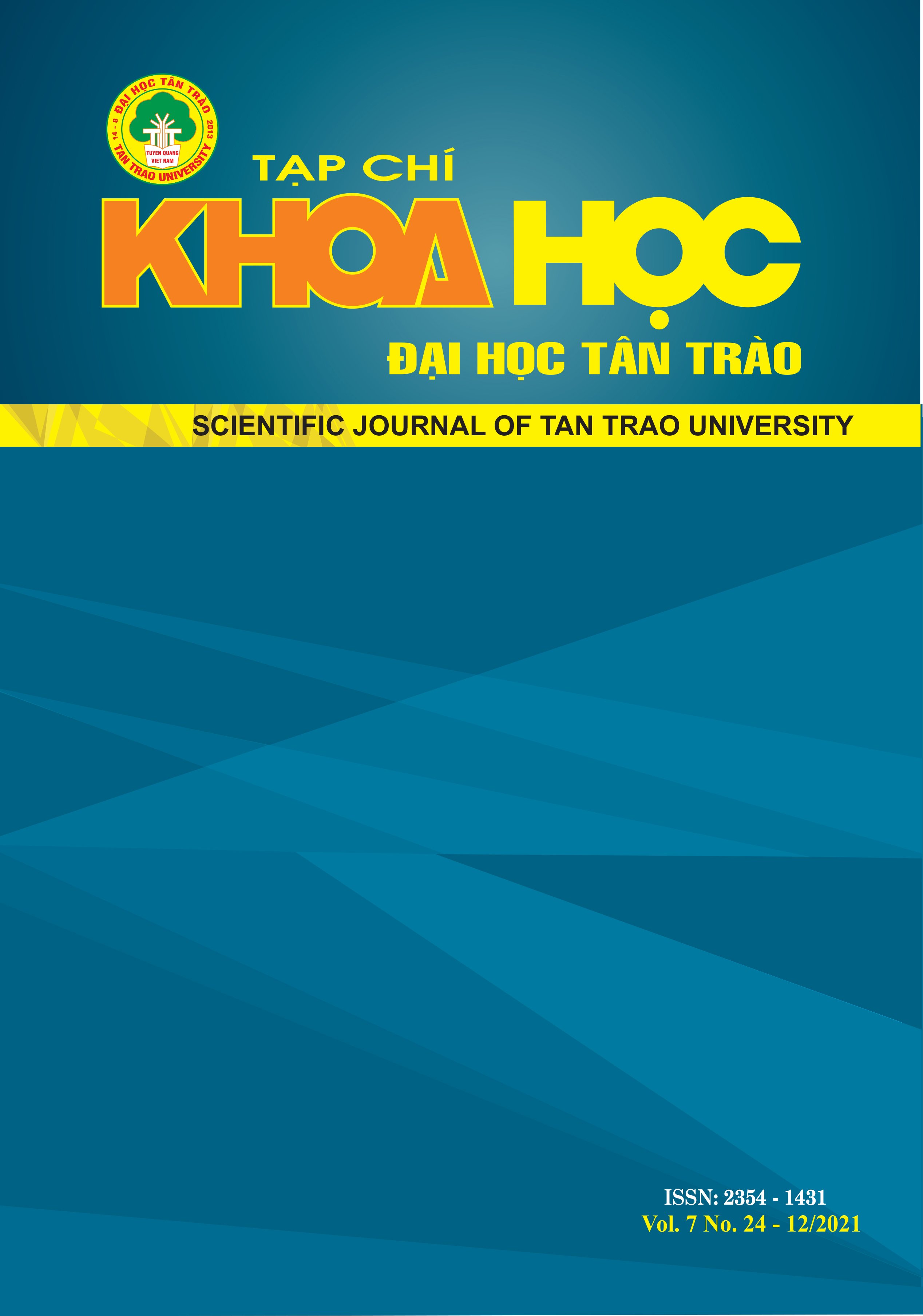The Theoretical Basis and Teaching View of Constructivism
DOI:
https://doi.org/10.51453/2354-1431/2021/632Keywords:
constructivism, knowledge, teaching, learningAbstract
On the basis of the theory of philosophy and cognitive psychology, constructivism has given the views on knowledge, on learning and on teaching. Accordingly, teaching must be a process where teachers and students jointly create an environment to motivate students to actively create knowledge and feel the meaning of that construction
Downloads
References
[1] Viet, H.B. (2020). Some Researches on the Problem of Constructivism Teaching, Education Magazine, 474 (2-3): 27-29.
[2] Gui, Zh.Ch. (2002). Research on Radical Constructivism Teaching Thought. East China Normal University, Chinese.
[3] Vygotsky, L. (2010). Thinking and language. BeiJing University Press, Chinese.
[4] Steffe, L.P., Gale, J. (2004). Constructivism in Education. East China Normal University Press, Chinese.
[5] Eysenck, M. (2004). Cognitive psychology. East China Normal University Press, Chinese.
[6] Sheng, Zh.T. (2005). Views of Knowledge, Learning and Teaching: Three Levles of Constructivism. Global Education, Chinese, 35 (5): 32-36.
[7] Thien, N.V. (2007). Identity, Difference and Similarity Through the Field of Vision of Linguistic Typology. East China Normal University, Chinese.
[8] Wen, Gao., Yan, X.B., Gang, W. (2008). Constructivist Education Research. Educational Science Publishing, Chinese.
[9] Yang, W.X. (2021). The Development of the Theory of Knowledge in the Sociology of Education——from Herbert Spencer to Michael Young. Educational Research, Chinese, (6): 49-61.
[10] Hou, L.Zh. (2010). Transform classroom teaching methods. Guangdong Education Press, Chinese.
[11] Piaget J.W.F. (2001). Psychology and Education. Vietnam Education Publishing House
Downloads
Published
How to Cite
Issue
Section
License

This work is licensed under a Creative Commons Attribution-ShareAlike 4.0 International License.
All articles published in SJTTU are licensed under a Creative Commons Attribution-ShareAlike 4.0 International (CC BY-SA) license. This means anyone is free to copy, transform, or redistribute articles for any lawful purpose in any medium, provided they give appropriate attribution to the original author(s) and SJTTU, link to the license, indicate if changes were made, and redistribute any derivative work under the same license.
Copyright on articles is retained by the respective author(s), without restrictions. A non-exclusive license is granted to SJTTU to publish the article and identify itself as its original publisher, along with the commercial right to include the article in a hardcopy issue for sale to libraries and individuals.
Although the conditions of the CC BY-SA license don't apply to authors (as the copyright holder of your article, you have no restrictions on your rights), by submitting to SJTTU, authors recognize the rights of readers, and must grant any third party the right to use their article to the extent provided by the license.


